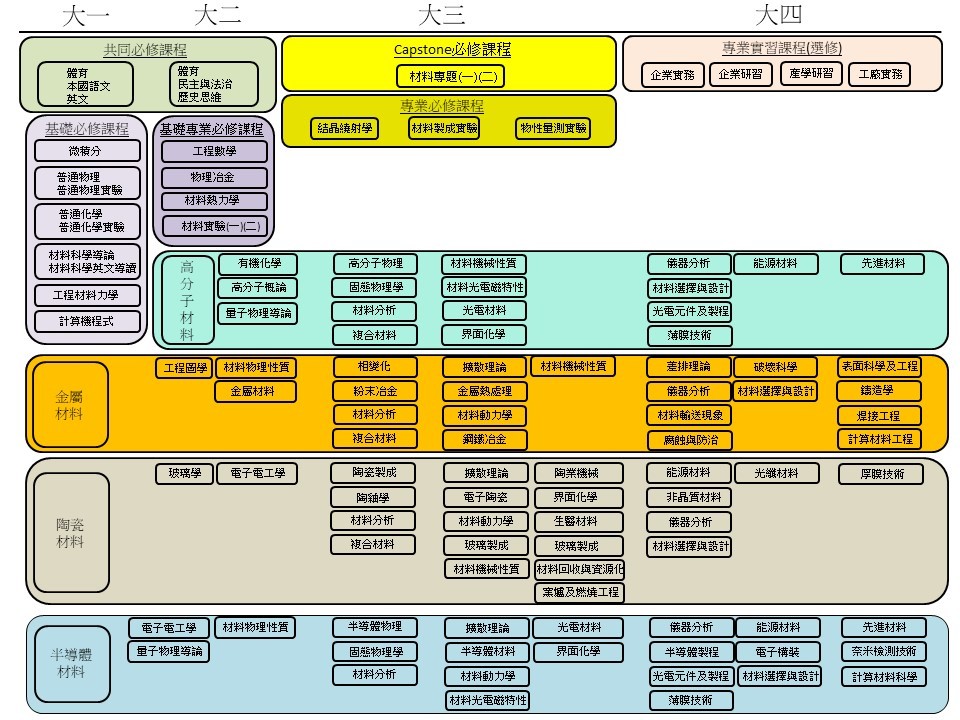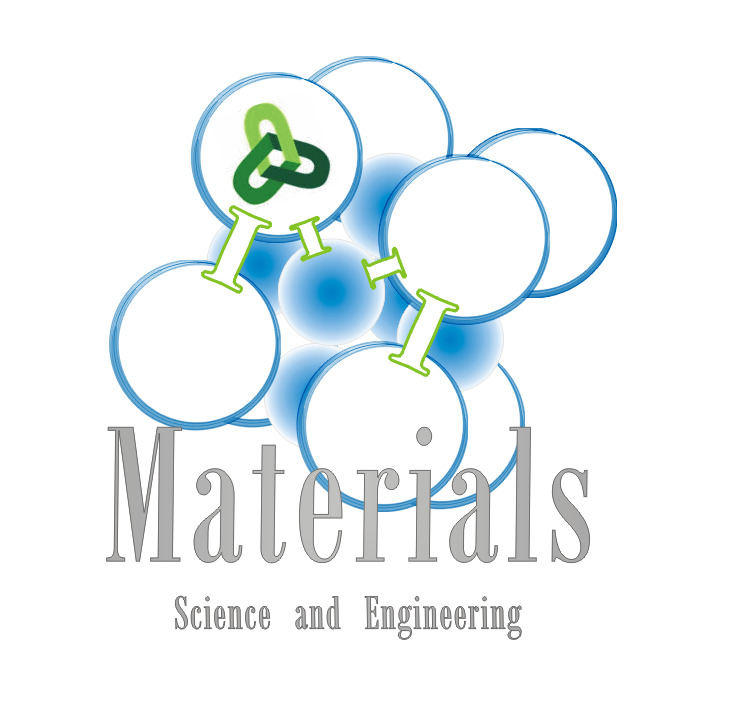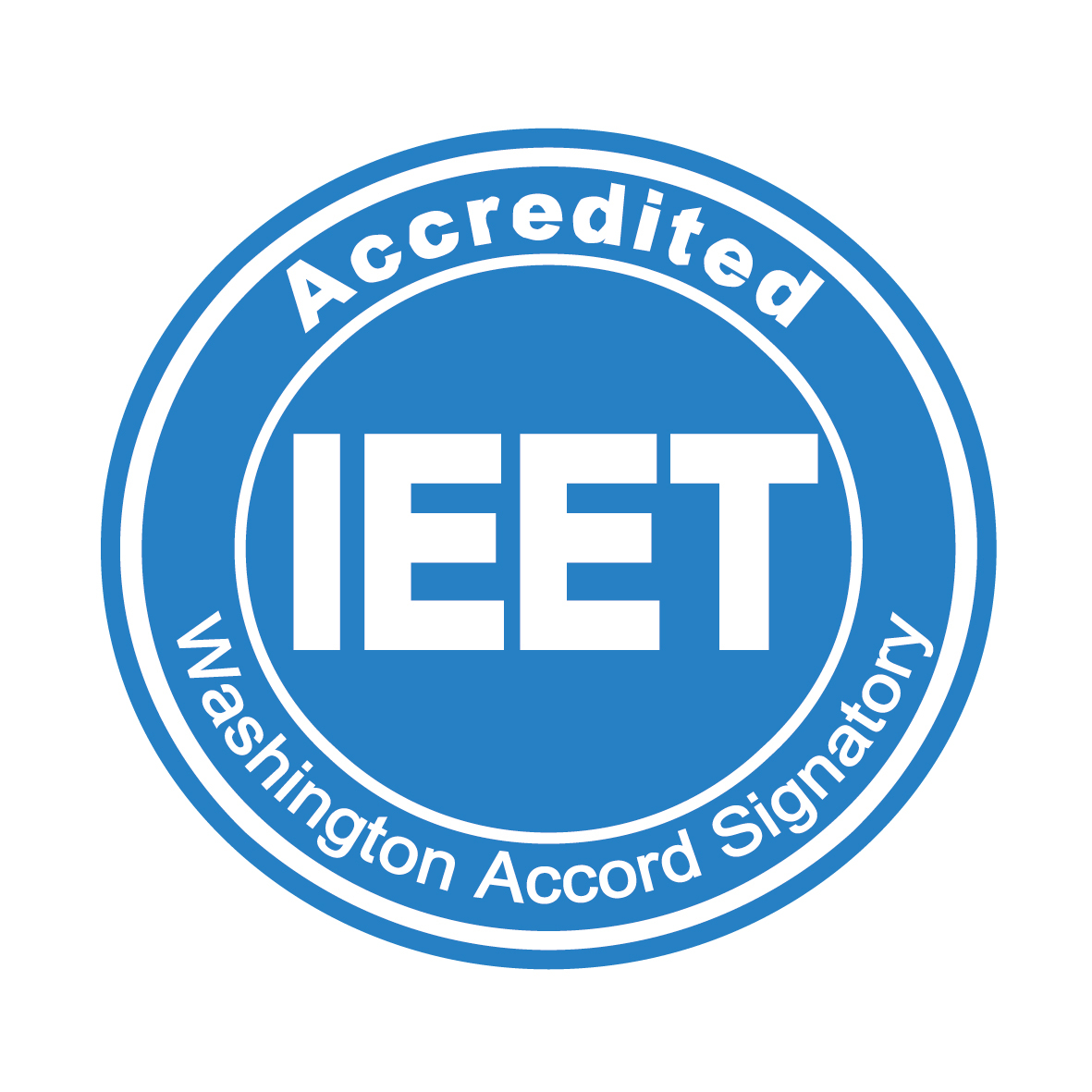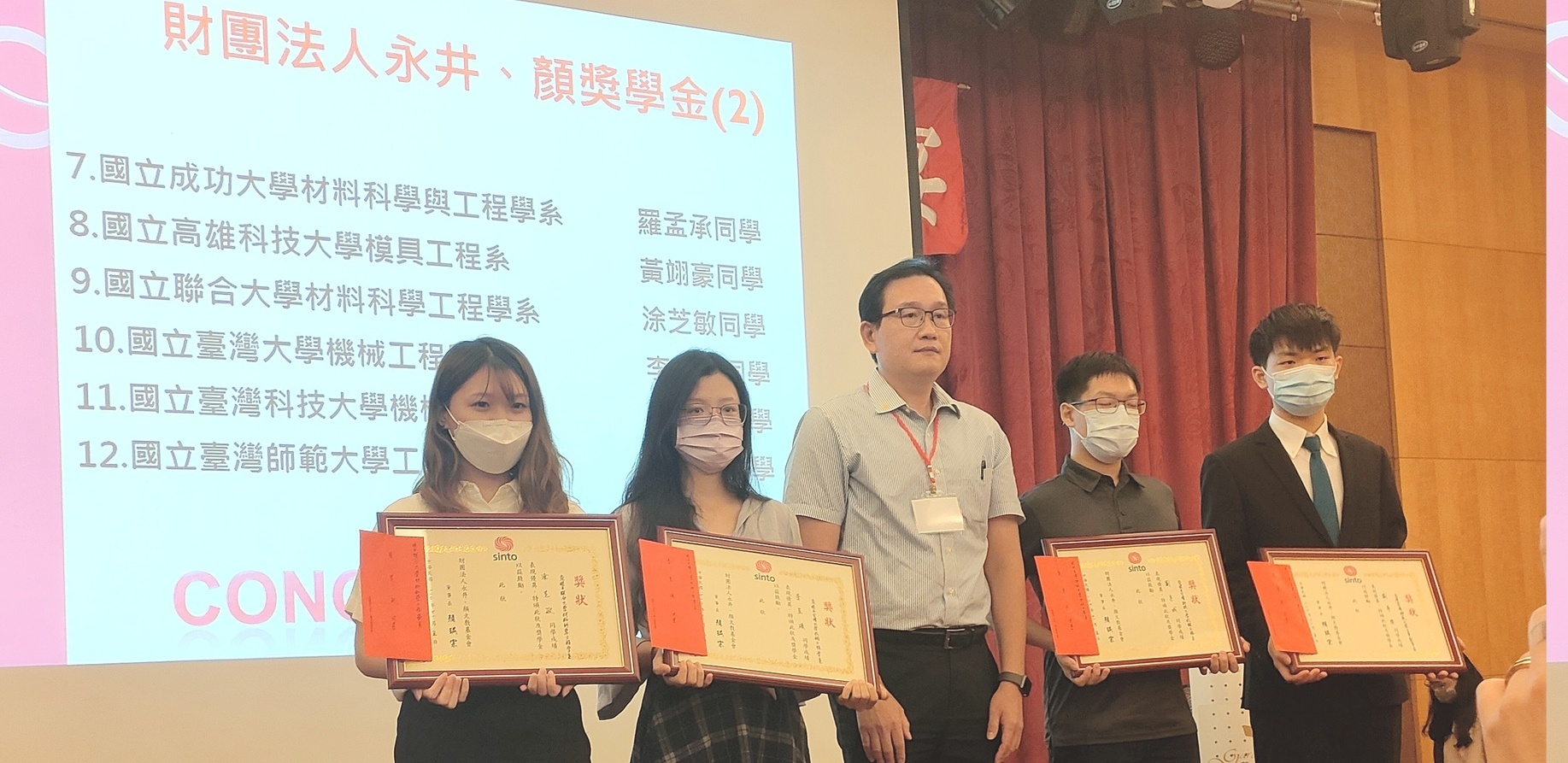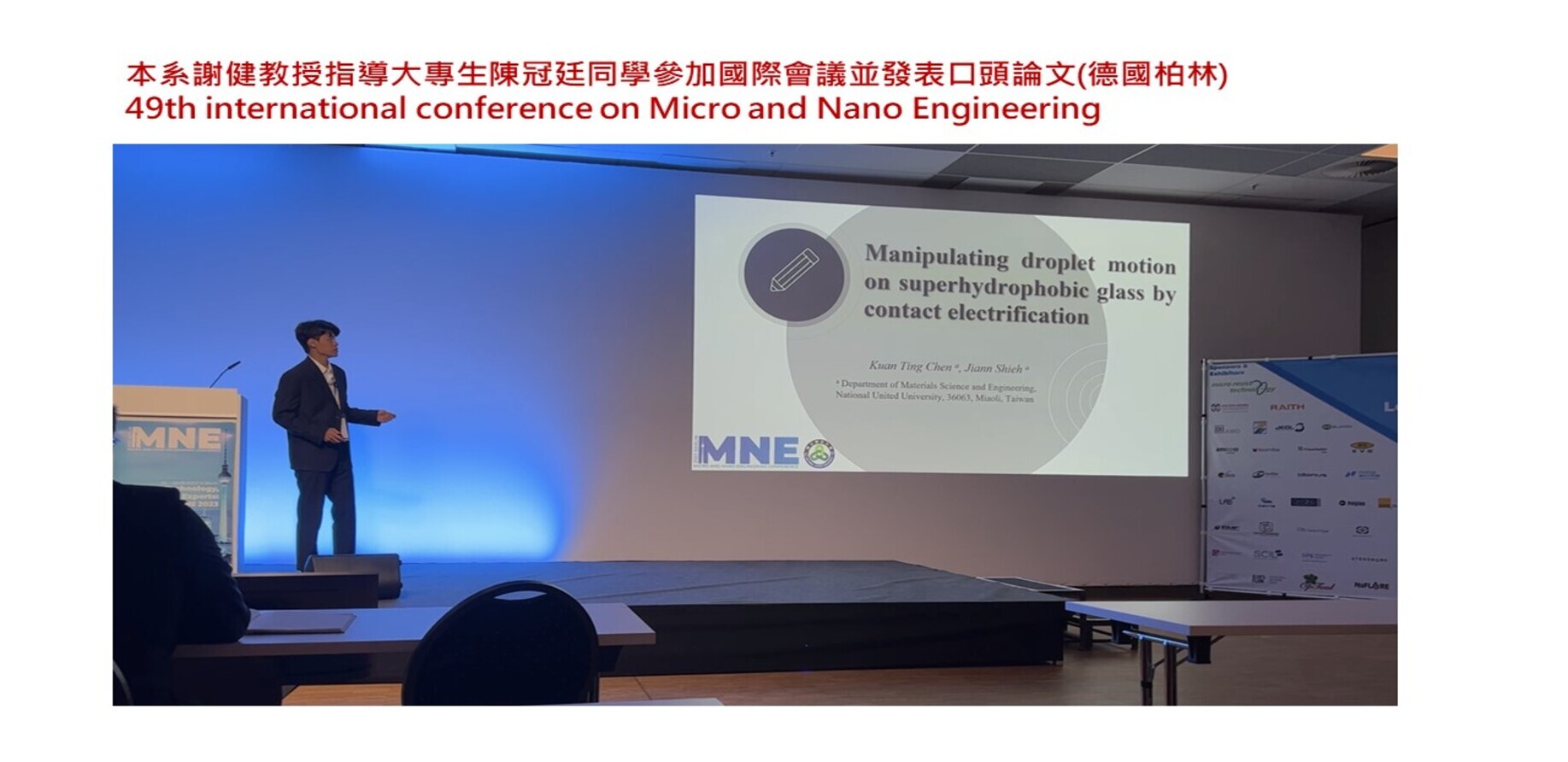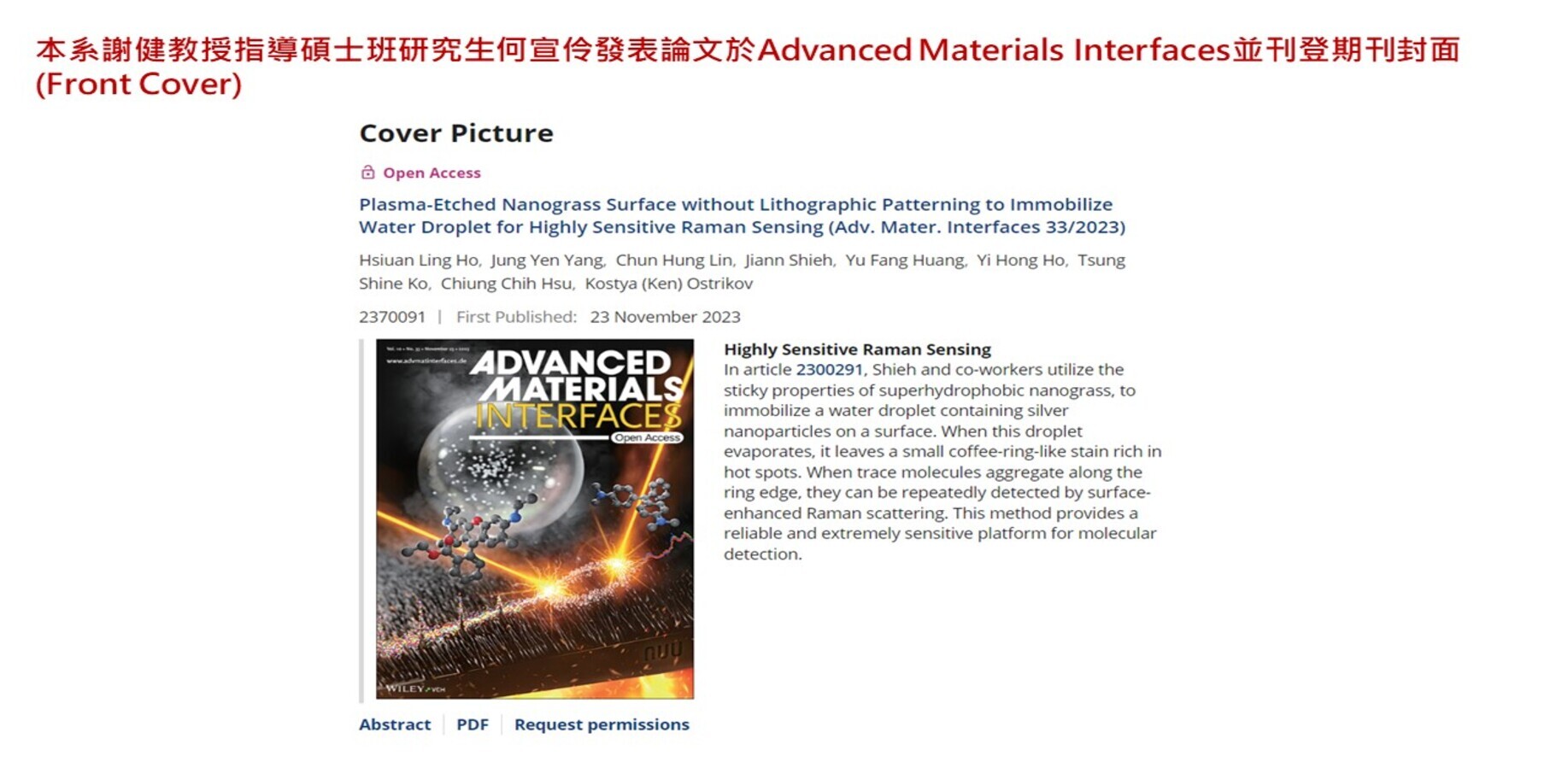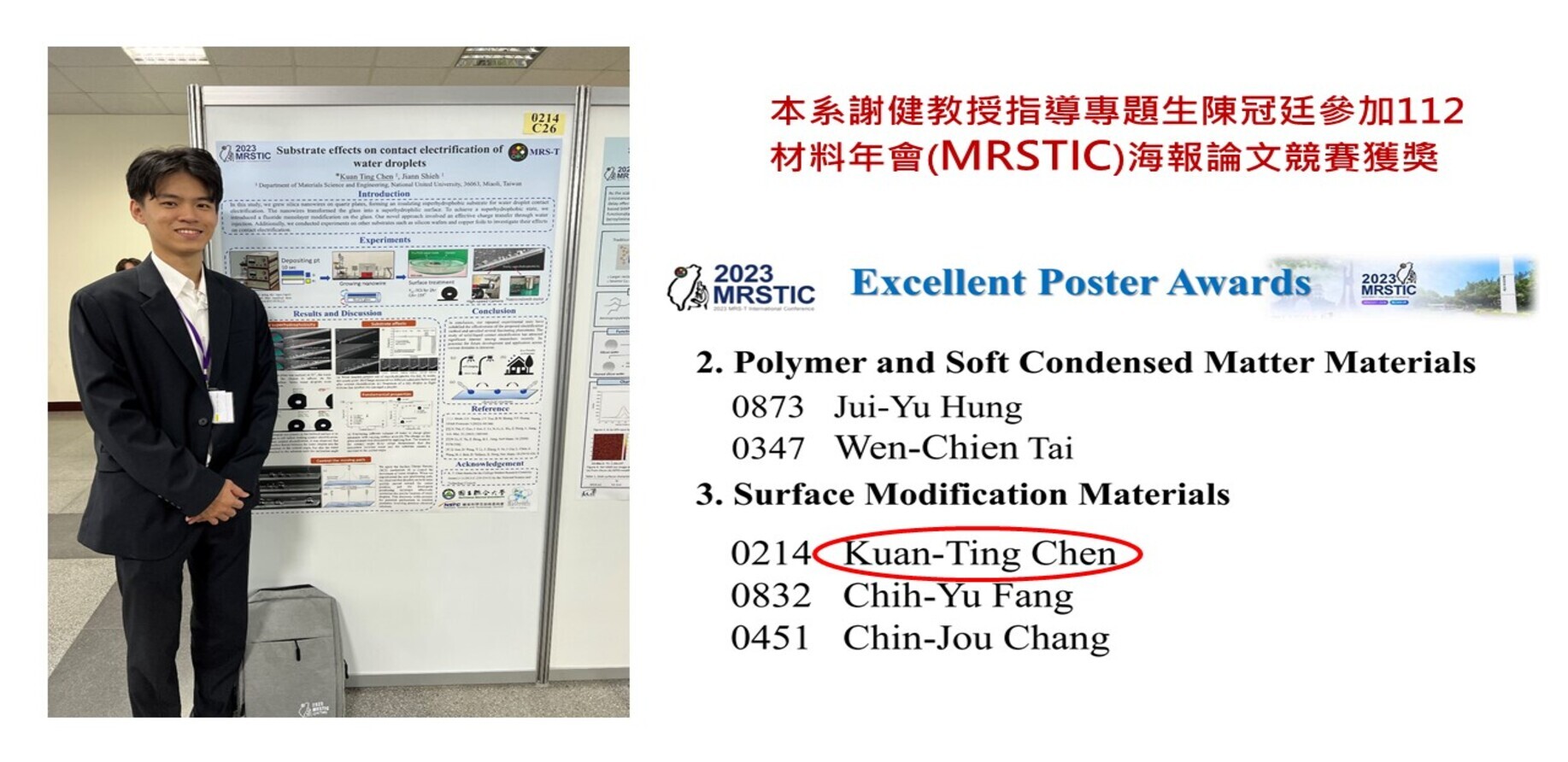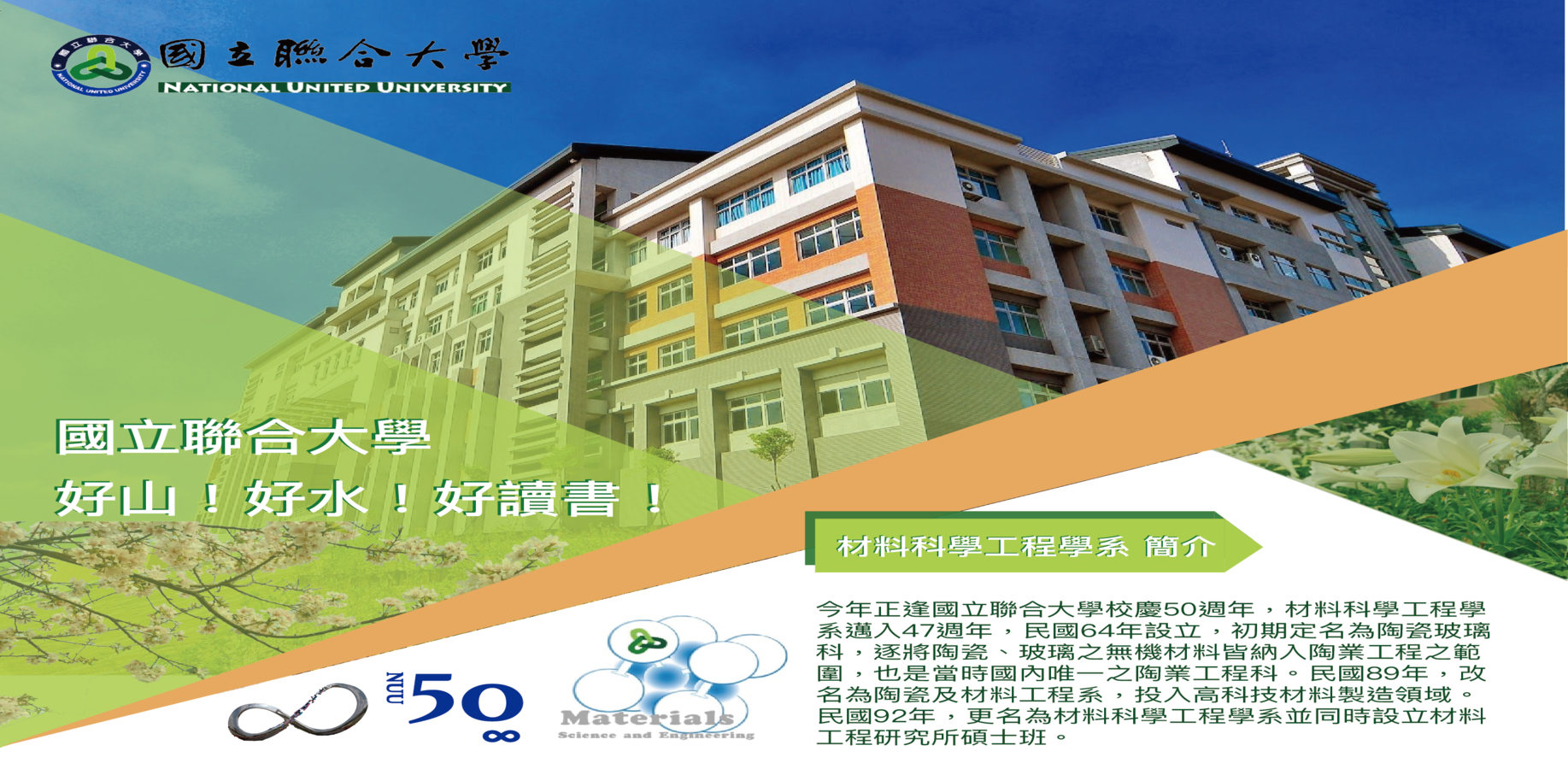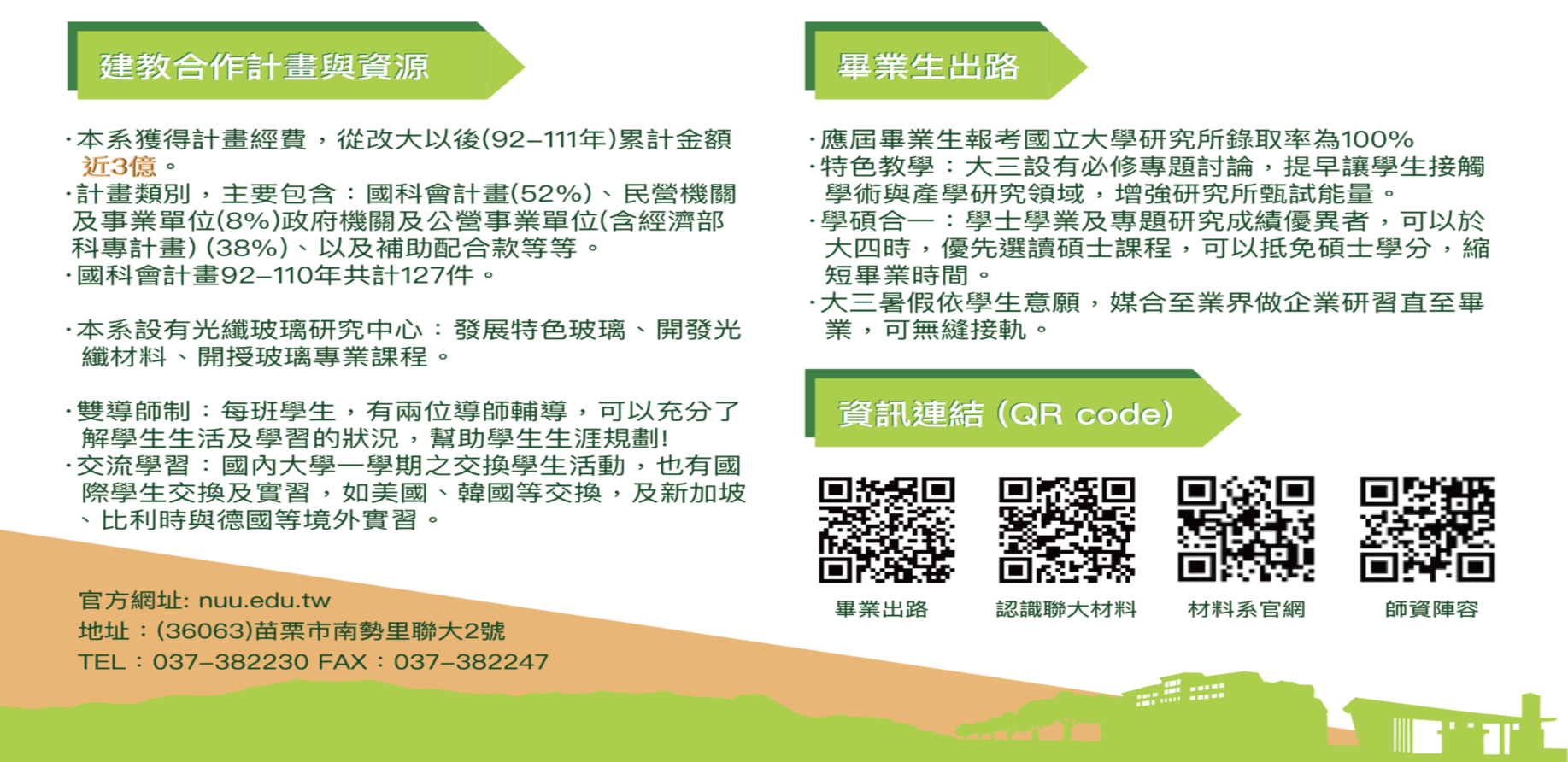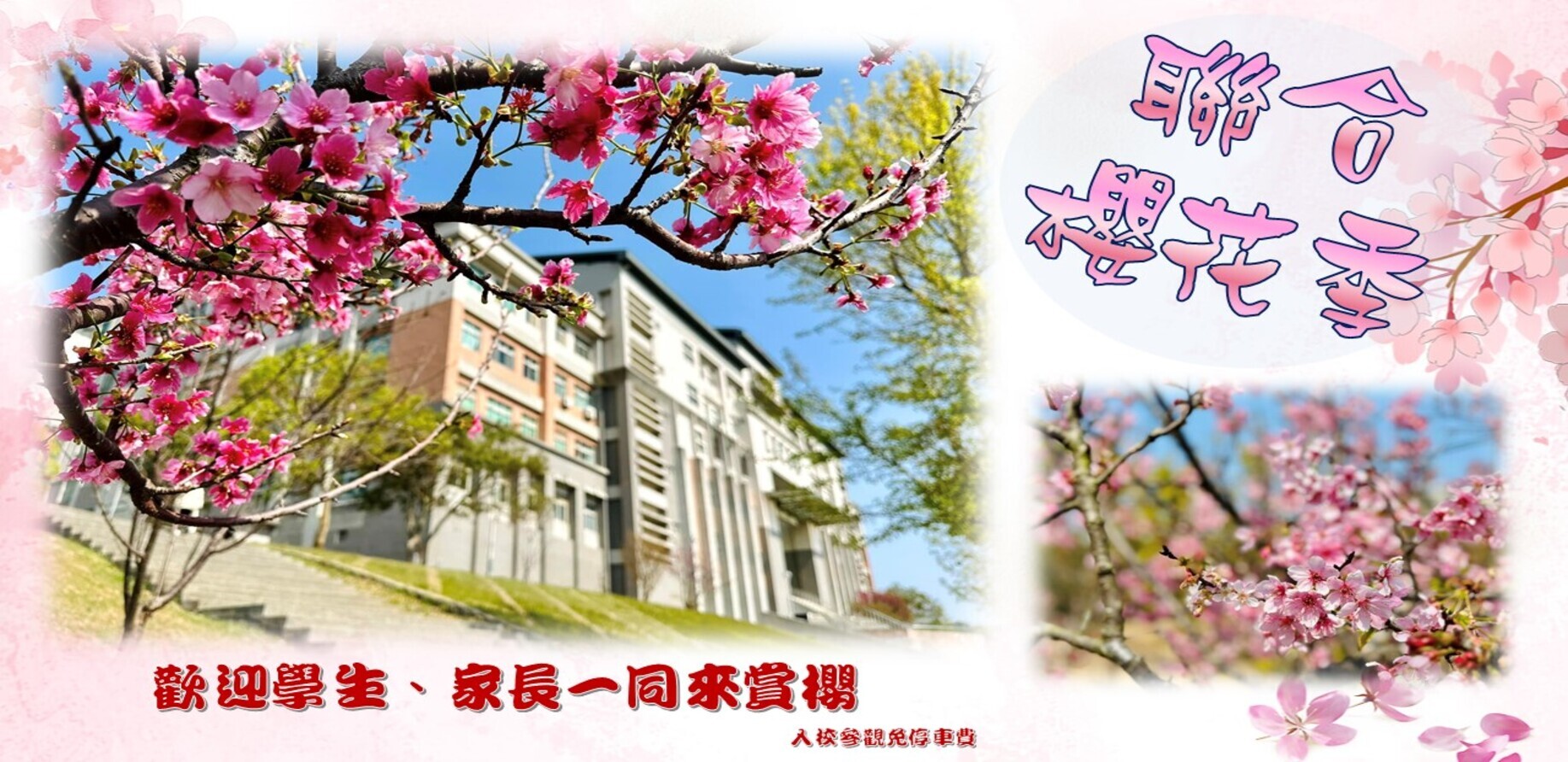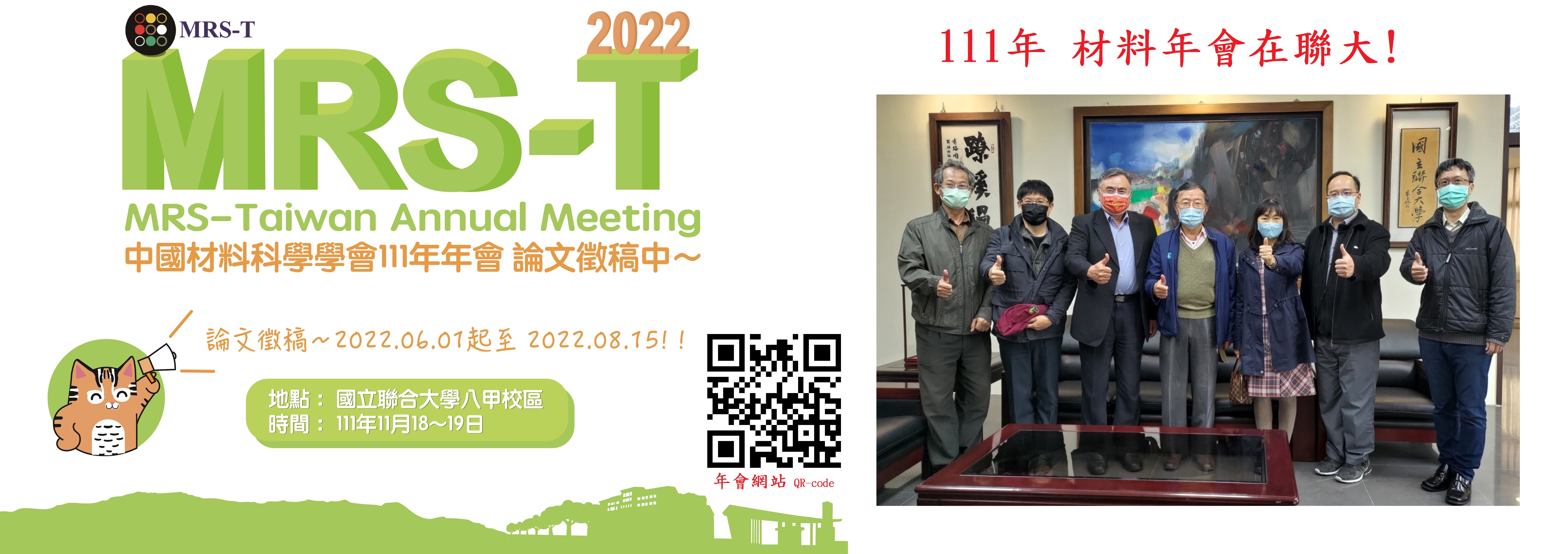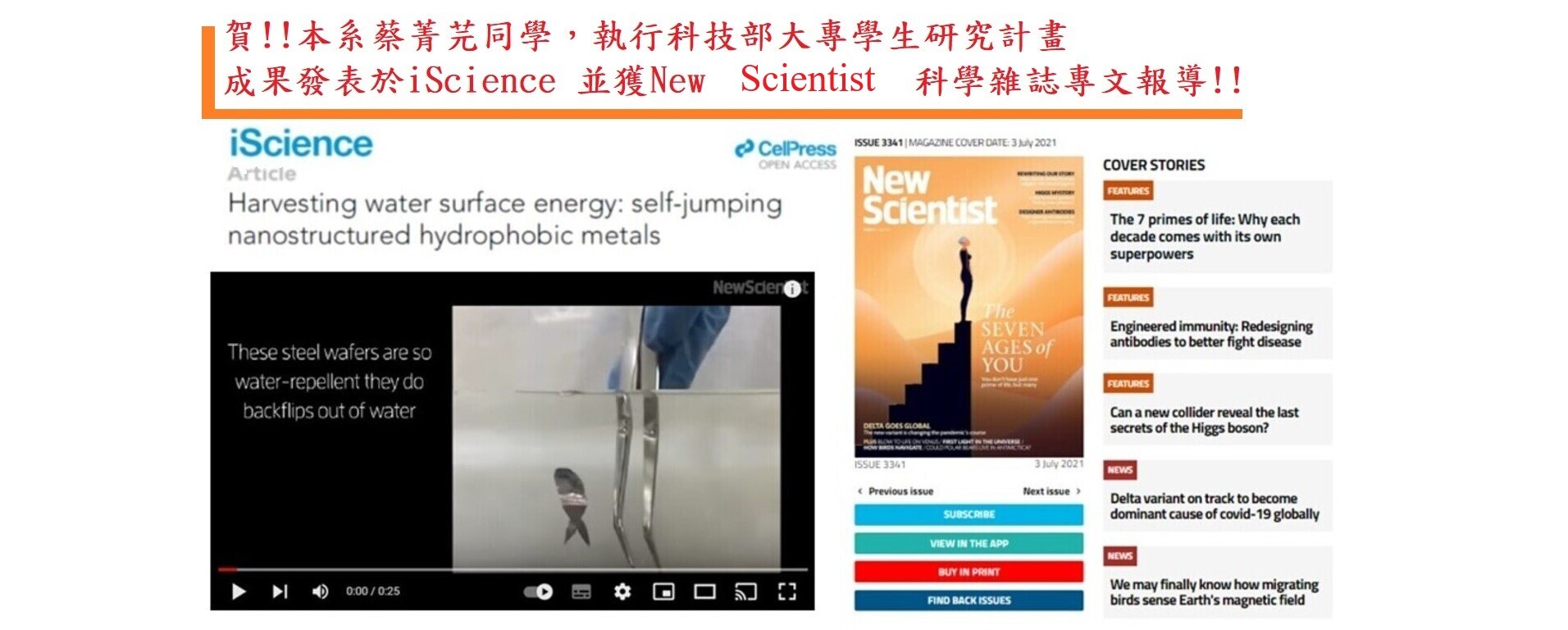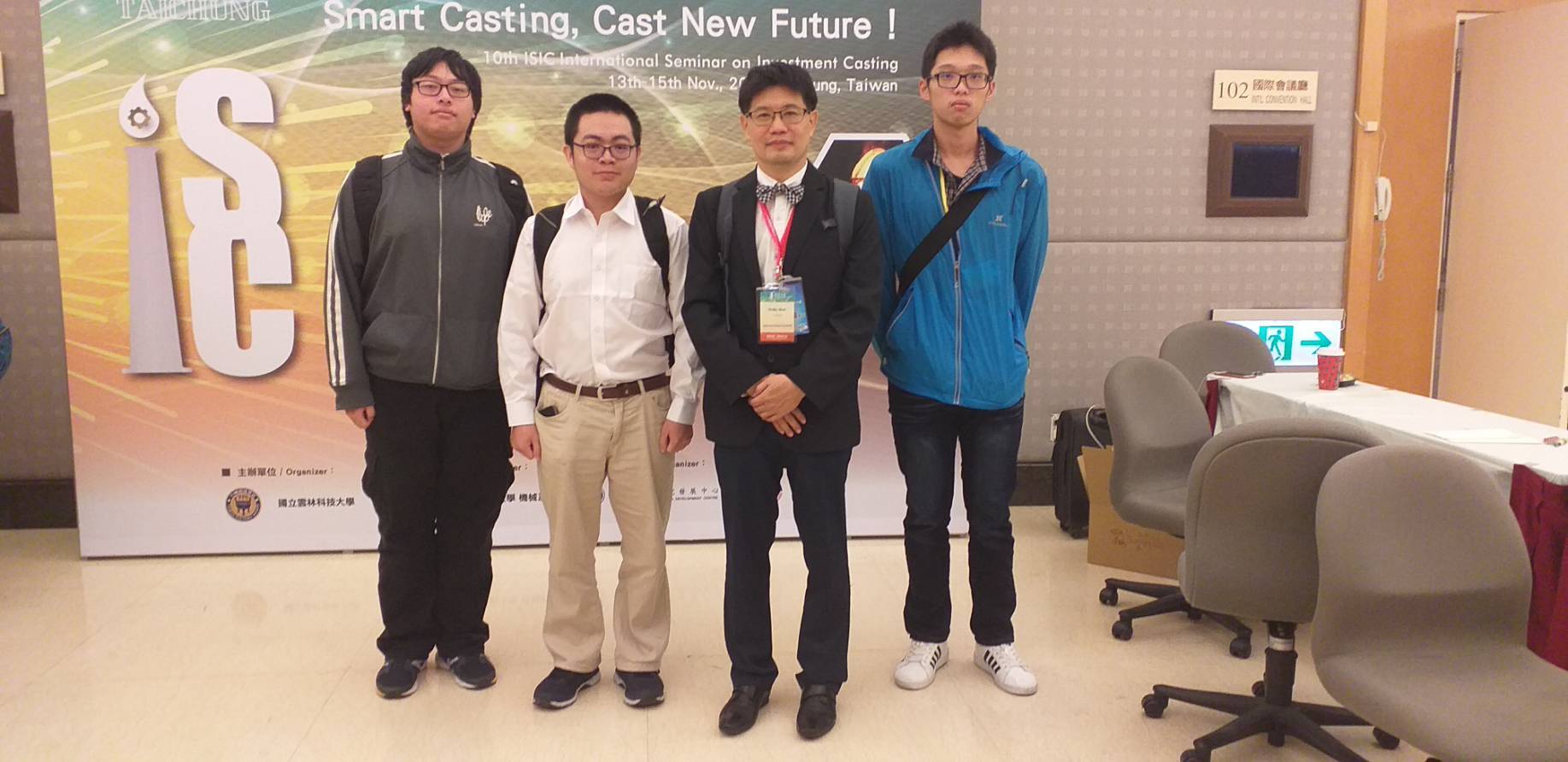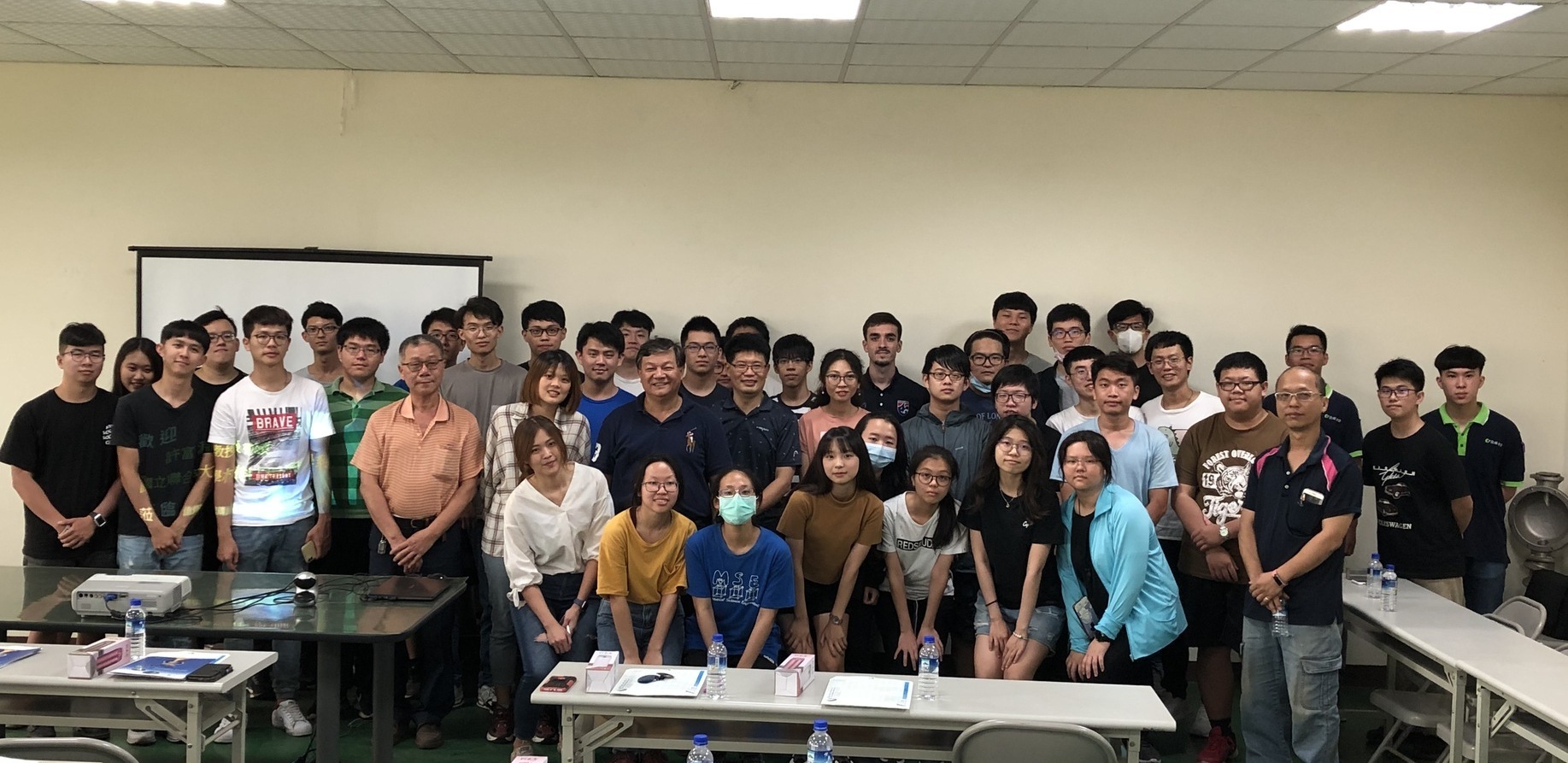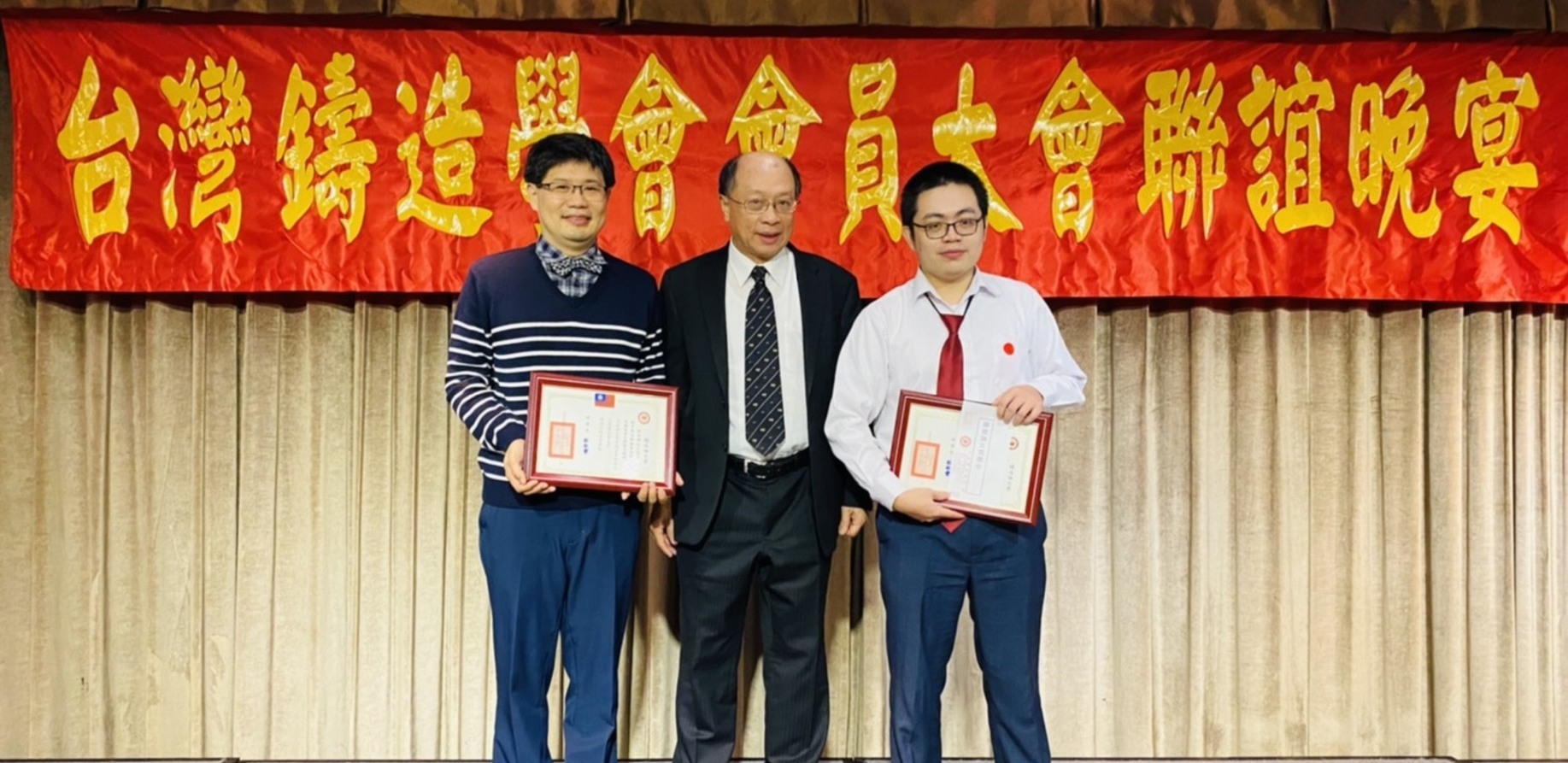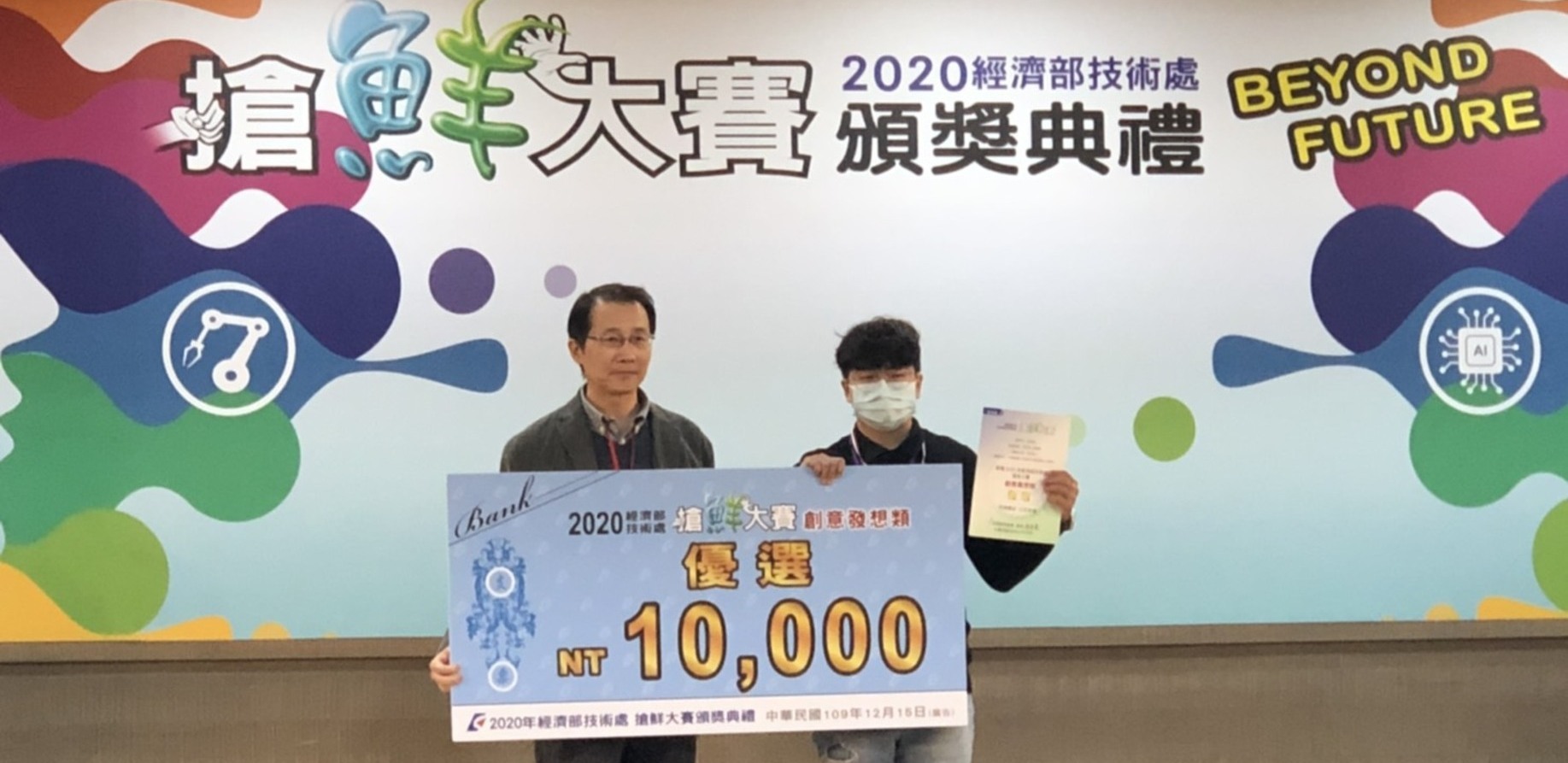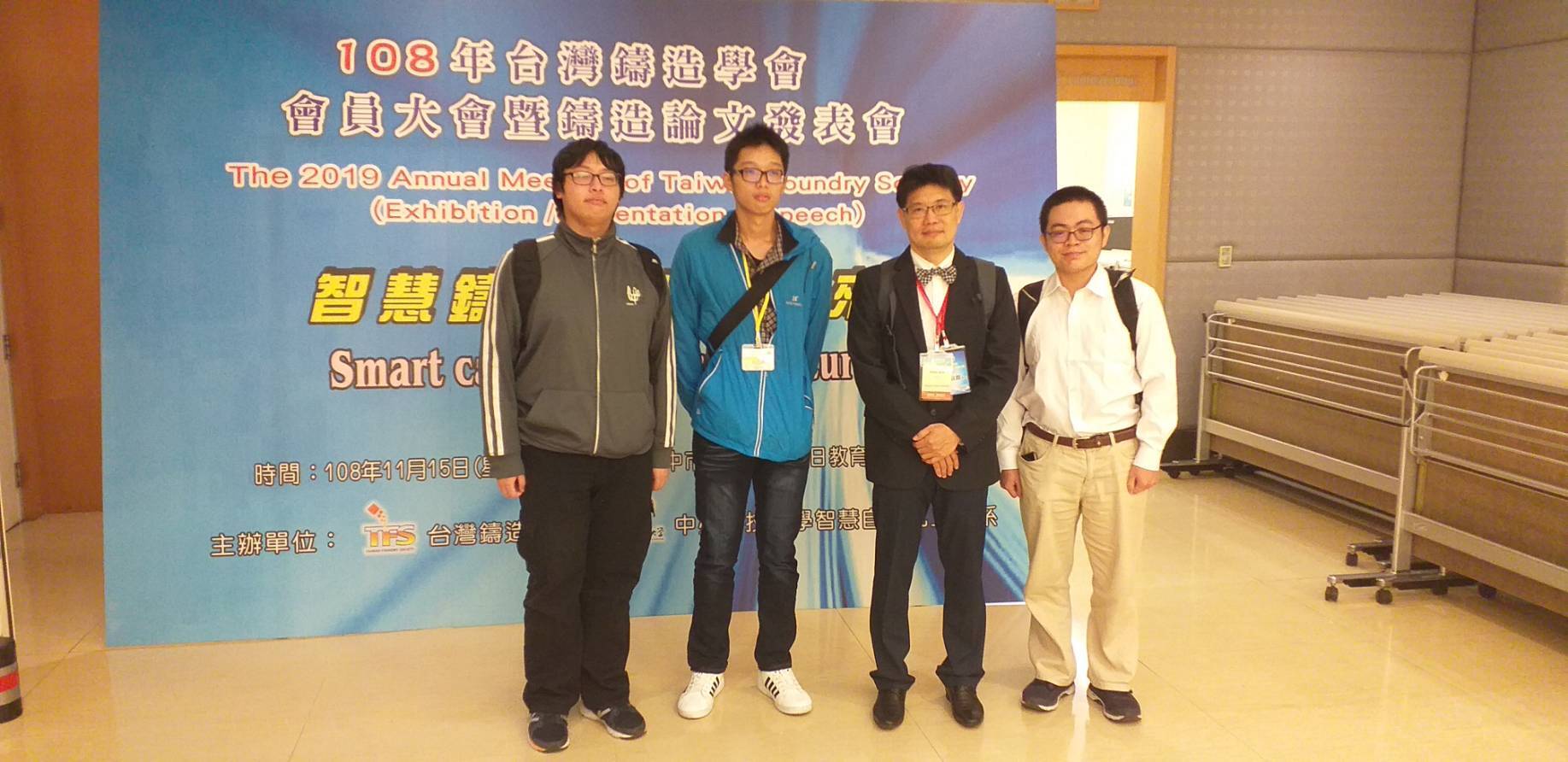Course flow chart
Course flow chart
Course planning of this department: According to the order of students' study, there are four parts: basic materials courses, basic and professional bridging courses, professional courses and advanced professional courses. In addition, in response to the needs of the times and the research expertise of teachers, professional courses and advanced professional courses are categorized into ceramic/glass materials, metal materials, semiconductor materials, and polymer materials. The content of this specification also explains the characteristics of the courses, the regulations for students' studies, and the cultivation and continuous improvement of practical ability.
Metal field
The field of metal materials mainly teaches and trains students to apply basic theories and knowledge related to metal materials to precision machinery products, electronic information products, aviation aircraft, chemical industry and emerging energy industries, combining surface treatment technology and lightweight features to develop New types of application areas. In addition, the advanced courses offered in this field focus on metal smelting and processing, phase change, mechanical properties, etc., which will help students improve their ability to design and apply manufacturing technologies for special alloy materials. And focusing on the current research status of metal materials and related materials in the fields of energy, aerospace, and related process technology, so that students can learn and construct basic professional knowledge and practical training, and become materials engineers with both theory and practice.
Ceramics field
Ceramic and glass materials are widely used in the fields of metal, electronics and optoelectronics. Especially semiconductor manufacturing technology and its applications in electricity, light and energy have a great demand for ceramic/glass materials. Therefore, this part is also the core of the department's teaching and research. It not only provides the knowledge required for ceramic/glass applications in the active and passive component industries, but also expands the theory and foundation of semiconductor components, optoelectronic components, communication components and other related fields, and teaches students to learn advanced process technology in practice. And forward-looking applications to enhance the effectiveness of student learning and future competitiveness in the workplace. The course focuses on teaching the basic theories of ceramics/glasses and related materials in the fields of electricity and light and related process technologies, so that students can learn and construct basic professional knowledge and practical training, and become materials engineers with both theory and practice.
Semiconductor field
Semiconductor materials are mainly used in electrical and optoelectronic properties and belong to the emerging technology industry. Due to the government's vigorous support, there are many job opportunities and very good salaries. The properties and processes of semiconductor materials are one of the key points of the materials department. In addition to the compulsory majors set by the department, it is recommended that students study quantum physics, semiconductor physics, and physical properties of materials in the second year and semiconductor materials, materials analysis, Material dynamics, solid-state physics, photoelectromagnetic properties of materials, diffusion theory, interface chemistry, optoelectronic materials, in the fourth grade, electives in semiconductor manufacturing, optoelectronic components and processes, nanomaterials, thin film technology, energy materials, instrument analysis, electronic architecture Courses such as installation, nano-detection technology, advanced materials, computational materials science, material selection and design, etc., to build a complete material engineering foundation and semiconductor materials expertise and understand emerging applications and future industrial development in this field.
High polymer field
The field of polymer materials mainly teaches and trains students the basic theories and knowledge related to polymer materials, and expands the applications of polymer materials that are different from traditional ones, and applies them to industries such as electronic information products, chemical industry and emerging energy. Compared with the commodity industries on the market, polymer materials have lower process costs, are easy to process, and can be used in large-area processes. The products are flexible and light in weight. They are more than traditional silicon crystal industries. The advantages of the application. This field mainly focuses on the optical and electrical physical properties of conductive polymer materials, and makes good use of their properties to develop products with commercialization potential. A series of related advanced courses, such as quantum physics, polymer physics, and organic optoelectronic devices, help to enhance students' ability in polymer material design and application manufacturing technology.
Curriculum Map
